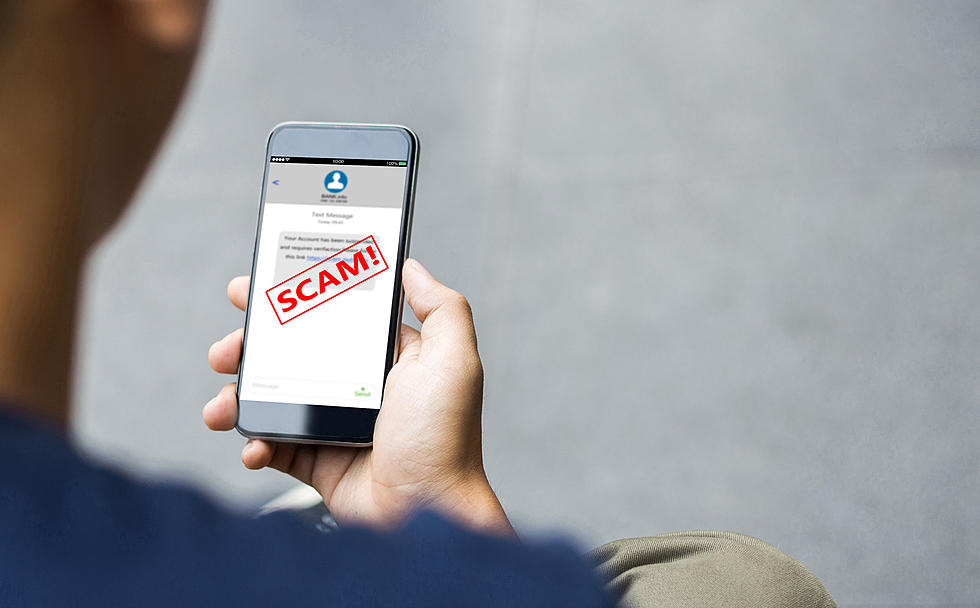
FBI Warns Michiganders Of Government Impersonation Phone Scams
The FBI Detroit Detroit Division is warning all Michigan residents about phone scams in which the caller impersonates a government agency.

They say they've seen an increase in these type of scam calls across the state.
While there are different versions of the calls, the FBI said in a release that the scammers generally seek to intimidate victims.
The caller will tell the victim that charges have been filed, or will be filed, against them. They then threaten to seize the person's property, freeze their bank account, or have them arrested unless payment is made immediately. They may say it'll cost thousands of dollars in court costs to resolve the matter, and tell the victim to wire "settlement" money or submit payment by way of prepaid gift cards in order to avoid jail time.
Timothy Waters, Special Agent in Charge of the FBI’s Detroit Division said,
Nobody wants to be the subject of a law enforcement investigation, and scammers are using that to their advantage to try to intimidate people into handing over their money. It’s important to resist the urge to act immediately. We’re asking you to contact law enforcement to verify if the person contacting you is who they say they are.
In 2020, across the U.S. 12,827 people reported being victims of government impersonation scams, with losses totaling $109,938,030; here in Michigan, 303 victims were scammed out of $1,395,174.
The FBI warns that scammers could also use text or email to try to get you to pay up.
They remind the public that the FBI will never:
- Call, email, or text private citizens to demand payment or threaten arrest. You will also not be asked to wire a “settlement” to avoid arrest.
- Ask you to use large sums of your own money to help catch a criminal.
- Ask you for wire transfers or gift cards.
- Call, e-mail, or text you about “frozen” Social Security numbers or to coordinate inheritances.
To confirm that you've been contacted by an actual FBI employee, you're encouraged to call the FBI Detroit Division at 313-965-2323 and ask to be connected directly.
If you think that you might be a victim of this type of scam, file a report with your local law enforcement agency and the FBI’s Internet Crime Complaint Center at ic3.gov.
KEEP READING: Scroll to see what the big headlines were the year you were born
More From 97.9 WGRD









